
Understanding Cholesterol: The Good, the Bad, and How to Keep It in Check
Understanding Cholesterol: The Good, the Bad, and How to Keep It in Check
When people hear the word “cholesterol,” they often associate it with heart problems. But the truth is, cholesterol isn’t inherently bad. In fact, your body needs it to function properly. Cholesterol is a waxy, fat-like substance found in every cell. It plays a vital role in producing hormones, vitamin D, and digestive enzymes. While your liver naturally produces all the cholesterol your body needs, you also get some from foods—especially animal-based products like meat, eggs, and dairy.
The concern arises when cholesterol levels—particularly the wrong kind—get too high. High cholesterol doesn’t come with warning signs, but it can quietly cause severe health issues over time.
The Two Types of Cholesterol: LDL vs. HDL
There are two primary types of cholesterol:
-
LDL (Low-Density Lipoprotein) – Often referred to as “bad” cholesterol. LDL builds up on artery walls, forming hard plaques that restrict or block blood flow. This can lead to serious health issues like heart attacks, strokes, and peripheral artery disease.
-
HDL (High-Density Lipoprotein) – Known as “good” cholesterol. HDL works like a cleaning crew, helping remove excess LDL from the bloodstream and transporting it back to the liver for disposal.
In addition to LDL and HDL, triglycerides—a type of fat in your blood—also play a role. High triglyceride levels combined with high LDL and low HDL significantly increase the risk of cardiovascular disease.
Foods That Raise Your Cholesterol the Most
Diet plays a huge role in cholesterol levels. Here are the top culprits when it comes to spiking LDL cholesterol:
-
Red meats (like beef, lamb, and pork)
-
Processed meats (such as sausages, bacon, and hot dogs)
-
Full-fat dairy products (butter, cheese, cream)
-
Fried foods and fast food
-
Packaged snacks and baked goods high in trans fats
Egg yolks and shellfish contain cholesterol too, but when eaten in moderation as part of a balanced diet, they’re less harmful than foods high in saturated and trans fats.
What High LDL Cholesterol Does to Your Body
High LDL cholesterol often goes unnoticed until it's too late. It gradually accumulates inside your arteries, leading to atherosclerosis—a condition where arteries become stiff and narrow. This limits the flow of oxygen-rich blood to vital organs, increasing the risk of:
-
Heart attacks
-
Strokes
-
Chest pain (angina)
-
Peripheral artery disease (causing leg pain when walking)
-
Kidney damage
This silent buildup can go undetected for years, which is why routine cholesterol checks are essential—especially if you have a family history of heart disease.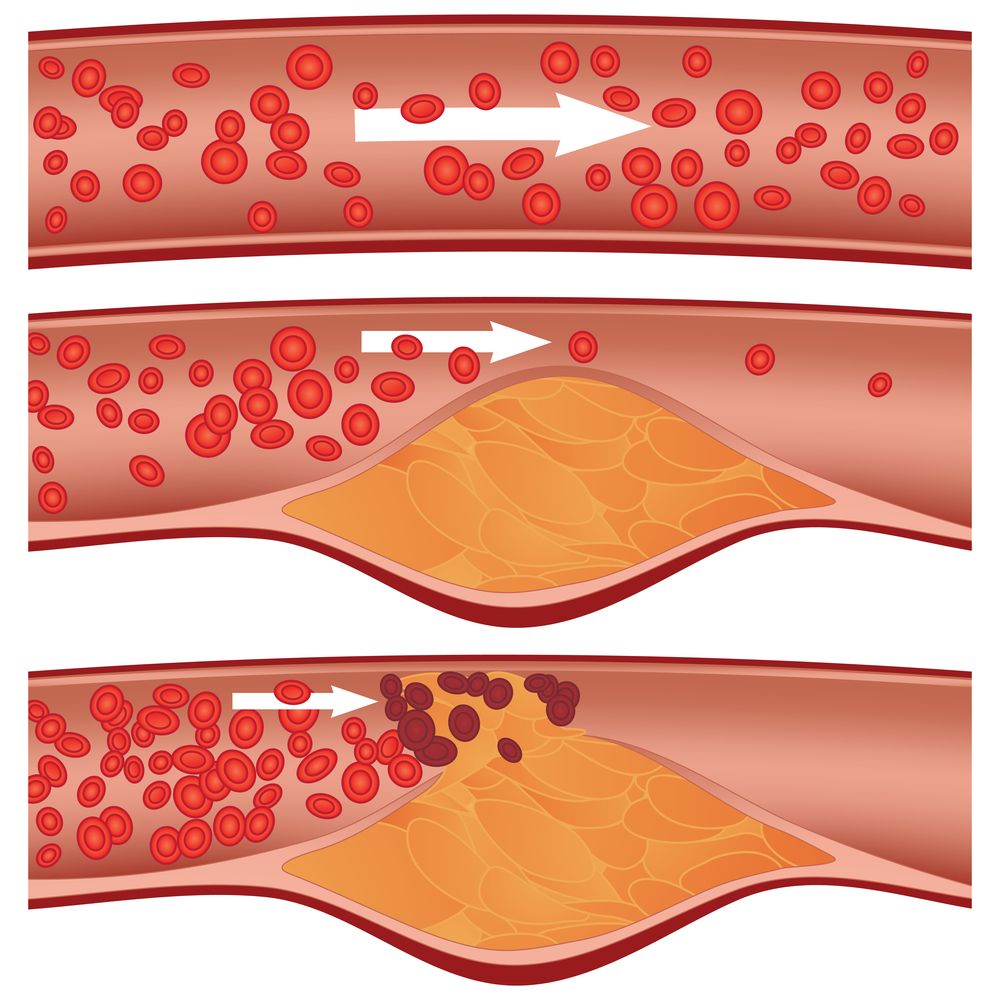
How to Lower Cholesterol Naturally
The good news? You can take control of your cholesterol levels through lifestyle changes:
-
Increase fiber intake: Soluble fiber found in oats, beans, lentils, fruits, and vegetables helps block cholesterol absorption.
-
Choose healthy fats: Swap butter and lard for olive oil, avocado, and nut-based spreads.
-
Eat fatty fish: Salmon, mackerel, and sardines are rich in omega-3 fatty acids that help lower triglycerides.
-
Snack smart: Opt for almonds, walnuts, and seeds instead of chips or sweets.
-
Stay active: Just 30 minutes of brisk walking a day can raise your HDL and lower your LDL.
-
Avoid smoking and limit alcohol: These habits damage blood vessels and can worsen cholesterol problems.
-
Talk to your doctor: If lifestyle changes aren’t enough, cholesterol-lowering medications like statins may be necessary.
Final Thoughts: Cholesterol Isn’t the Enemy
Not all cholesterol is bad. In fact, your body needs it. But high LDL cholesterol is a silent threat that can cause life-threatening conditions without warning. Fortunately, with the right diet, regular exercise, and medical guidance, you can keep your cholesterol levels in check and protect your heart health for years to come.
Get your cholesterol tested regularly—and take action before problems arise. Your heart will thank you.
News in the same category

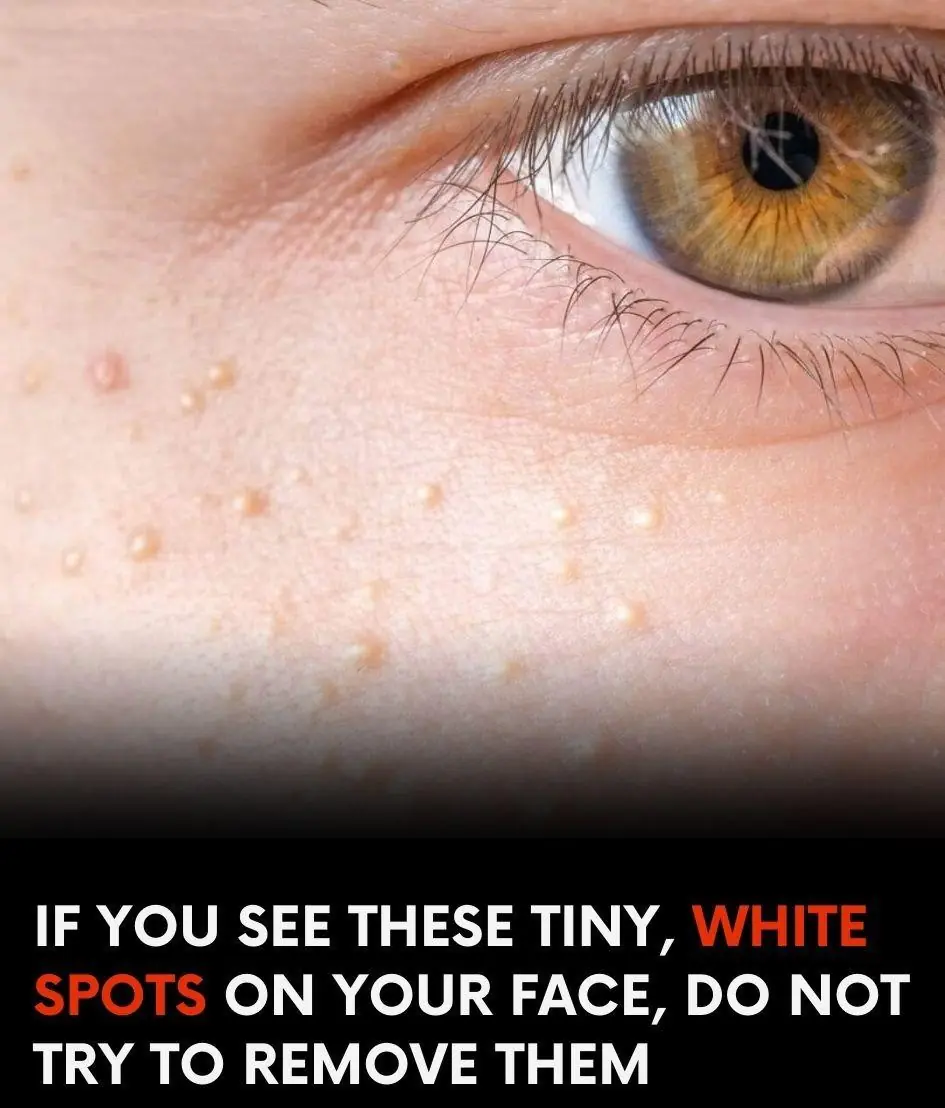
How to Safely Remove Milia
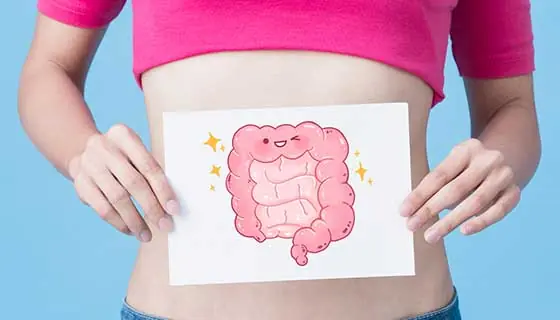
Natural Methods to Destroy Bloating and Heartburn-Causing Bacteria in Your Gut

Doctor warns of the worrying symptoms that mean common disorder could actually be bowel cancer

15 Early Signs Your Body is Fighting Cancer
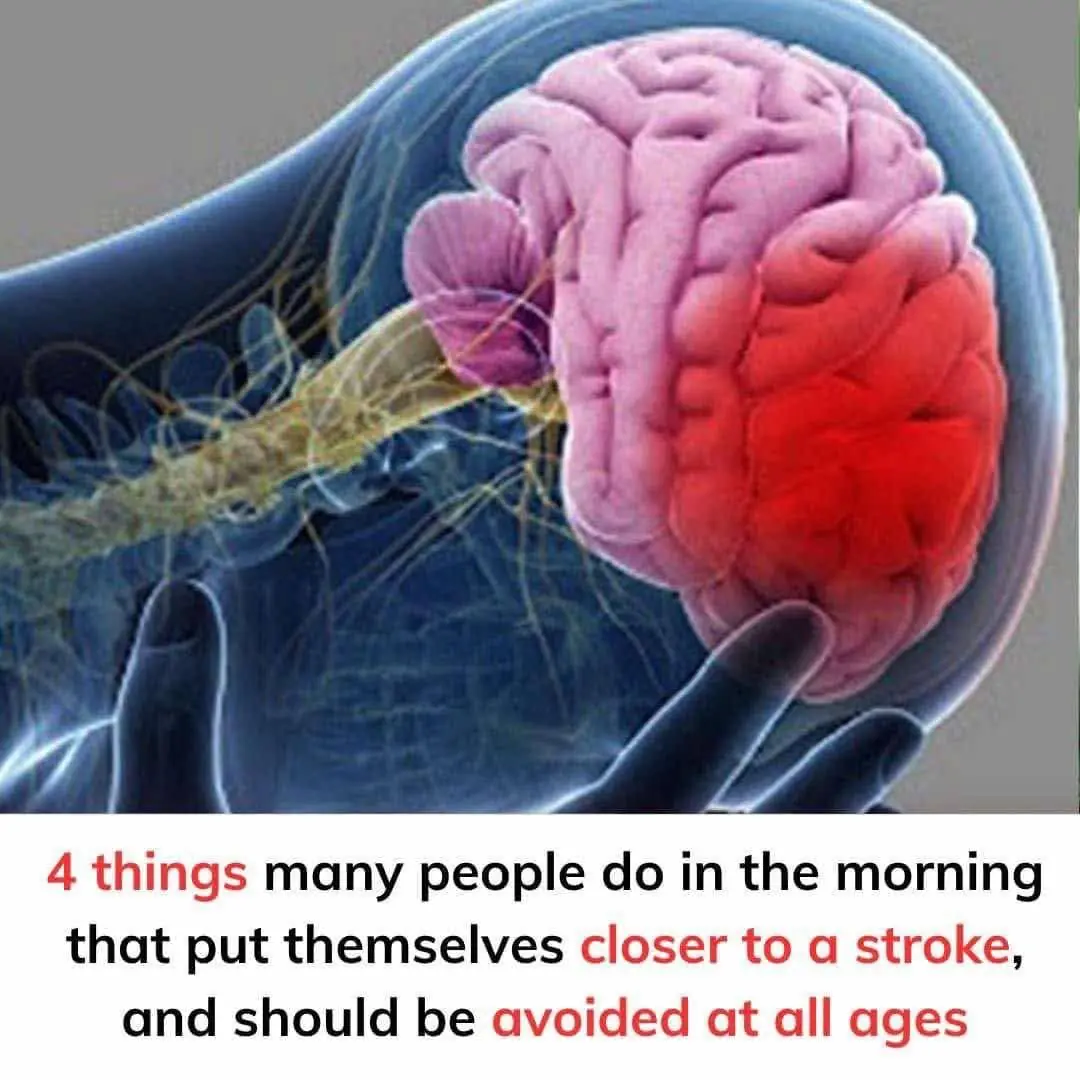
common morning habits that may increase your risk of stroke

New COVID Wave Surges — Health Officials Sound Alarm As Cases Double
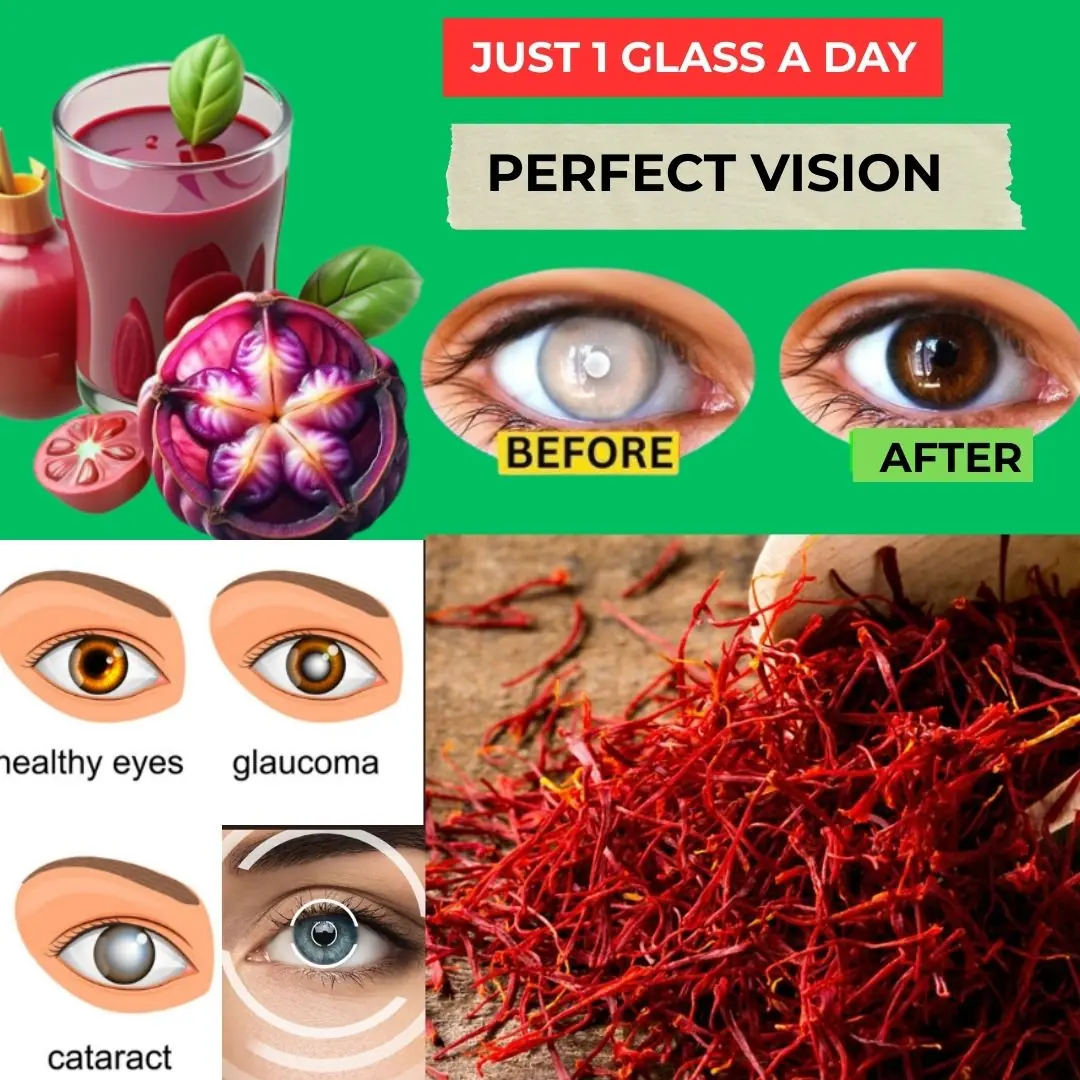
How to Improve Your Vision Naturally with One Simple Ingredient: Saffron

How to STOP Cravings FAST Without Dieting! (The Natural Ozempic?)

Doctors make disturbing discovery in the brains of heavy alcohol drinkers that 'can cause long-term effects'

World-first sperm race is happening soon and the creators have revealed how it will work
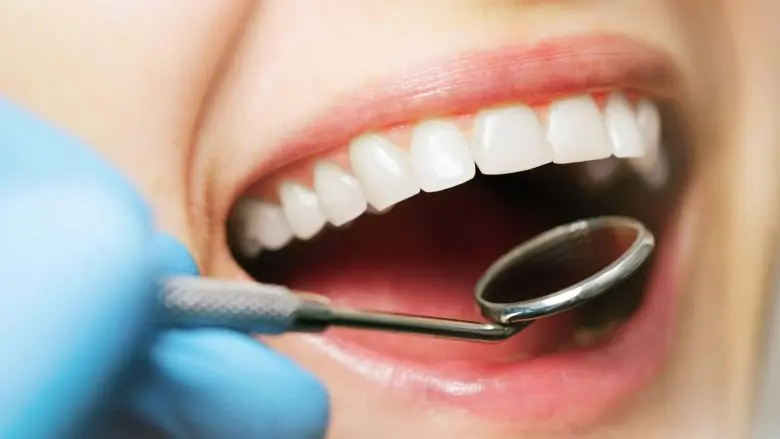
Scientists Grow First Fully Formed Tooth In Lab — A Groundbreaking Breakthrough

New COVID Wave Surges — Health Officials Sound Alarm As Cases Double

10 Things That Men May Find Unattractive About Women Over 50
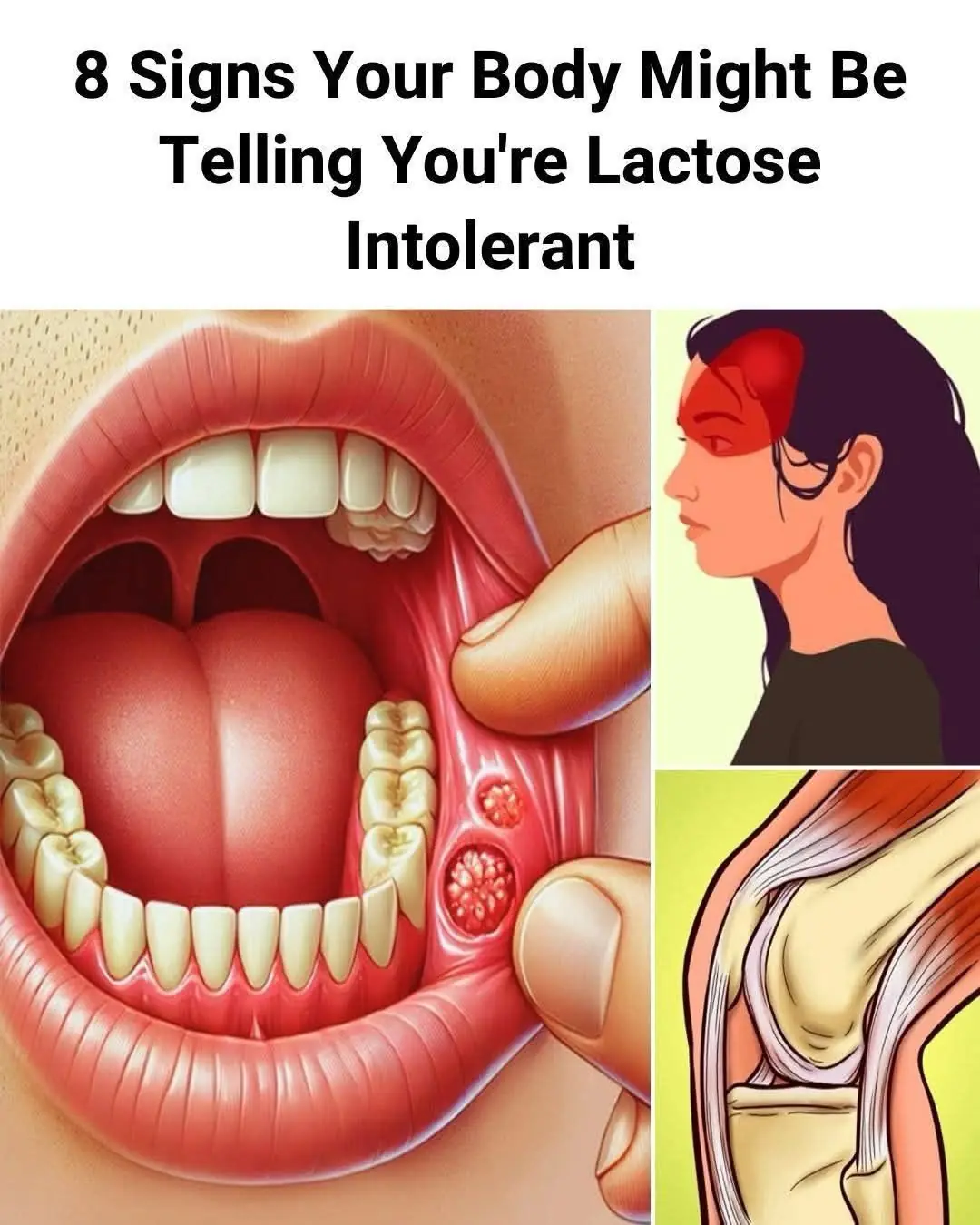
8 Signs You Might Be Affected by Lactose Intolerance
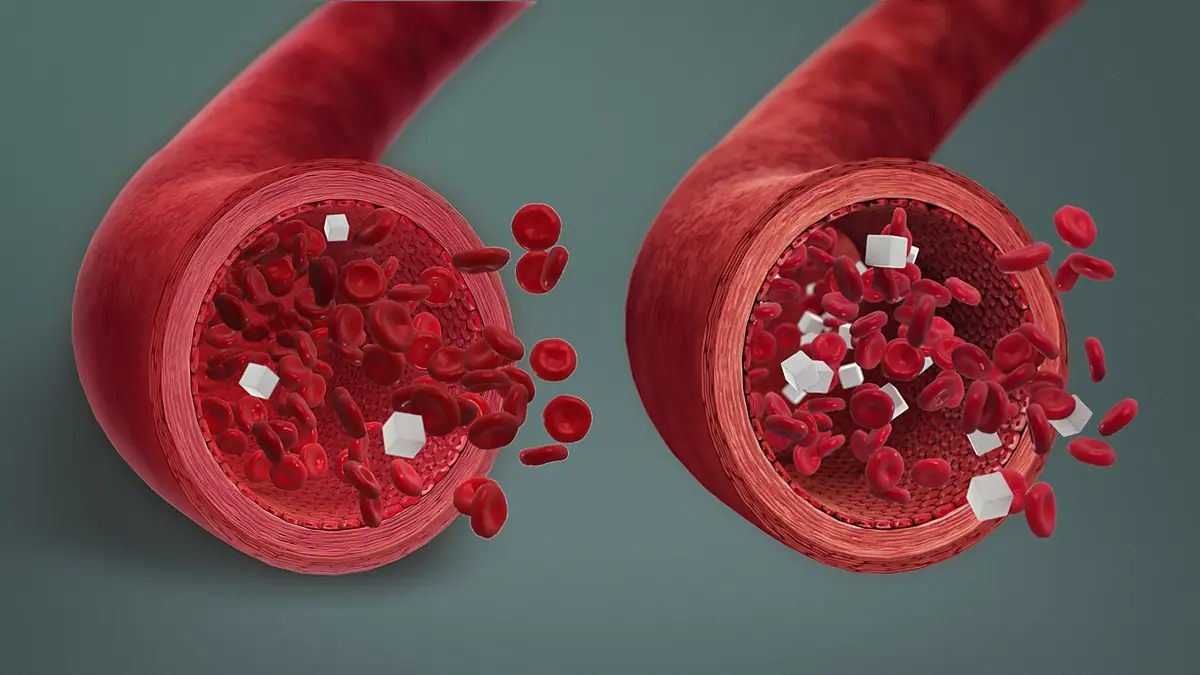
Understanding Diabetes: Types, Symptoms, Risks, and How to Manage It
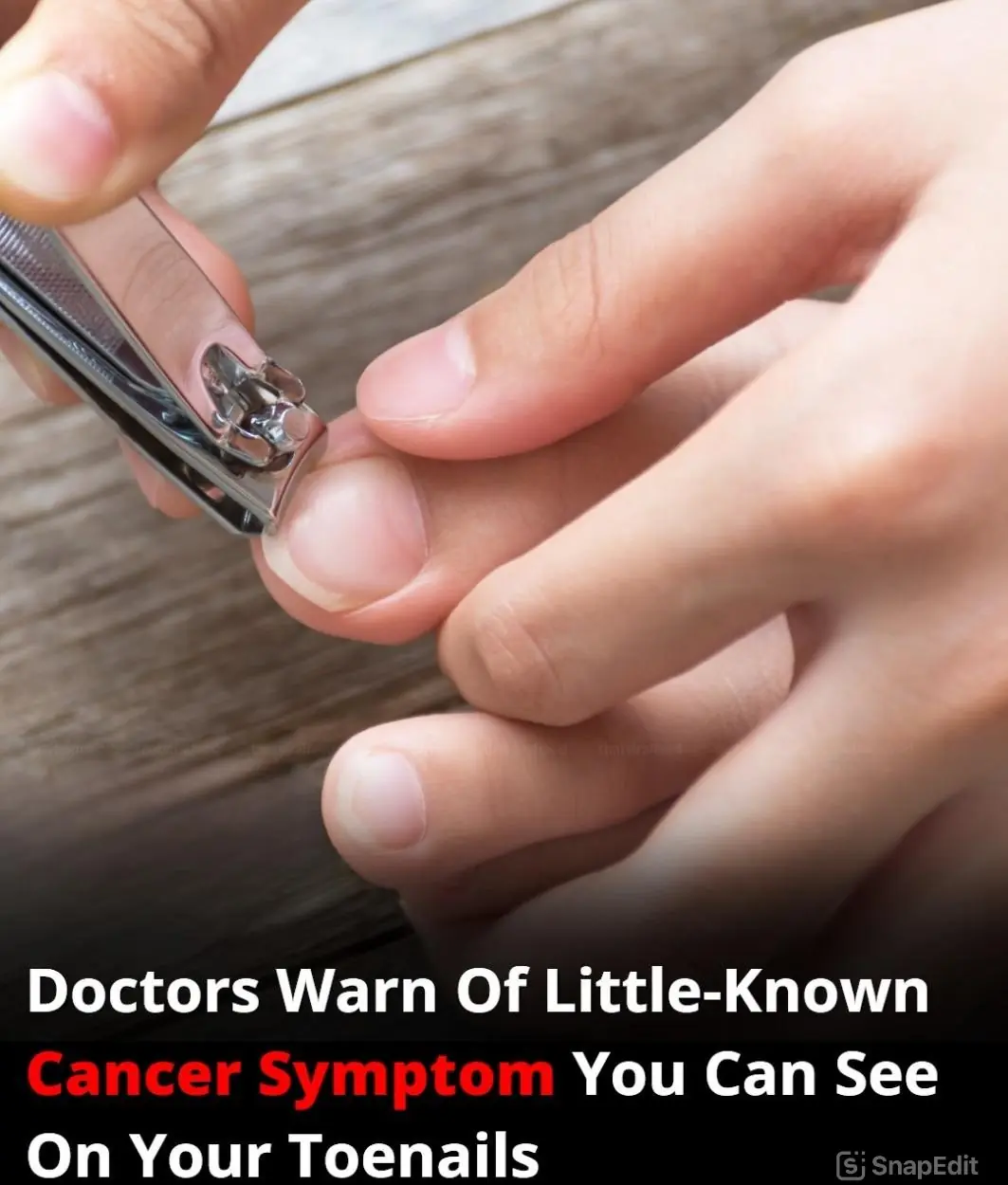
Doctors Highlight A Rare Cancer Symptom That Can Appear On Your Toenails
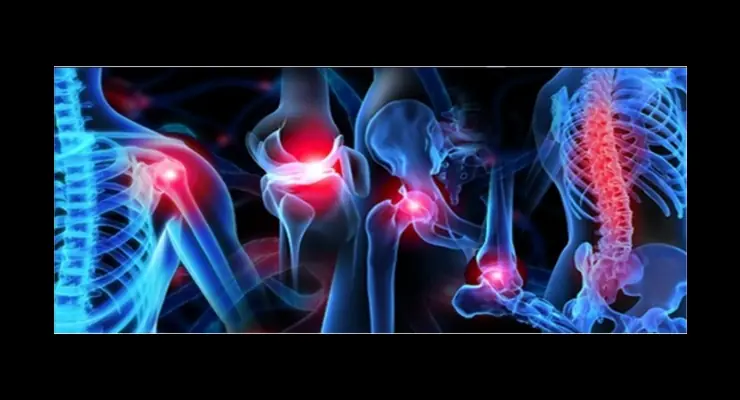
Stroke Warning Signs: When Your Body Sends a Silent SOS
News Post

AM I WRONG FOR BEING UPSET THAT MY 71-YEAR-OLD MOM, ELEANOR, SPENT HER MONEY ON TRAVELING INSTEAD OF HELPING ME, SOPHIA, WITH MY BILLS?

My Husband Bought First Class Tickets for Himself and His Mom Leaving Me and the Kids in Economy - My Lesson to Him Was Harsh

My MIL Thought I Was Not Beautiful Enough for Her Son, So I Entered a Beauty Contest to Win the Crown

Scientists Have Discovered An Alarming Rise in Advanced Prostate Cancer in California

How to Safely Remove Milia

Natural Methods to Destroy Bloating and Heartburn-Causing Bacteria in Your Gut

Doctor warns of the worrying symptoms that mean common disorder could actually be bowel cancer

15 Early Signs Your Body is Fighting Cancer

common morning habits that may increase your risk of stroke

New COVID Wave Surges — Health Officials Sound Alarm As Cases Double

Photographer of tragic little girl trapped in volcanic mudflow explains why he didn’t help her

How to Improve Your Vision Naturally with One Simple Ingredient: Saffron

How to STOP Cravings FAST Without Dieting! (The Natural Ozempic?)
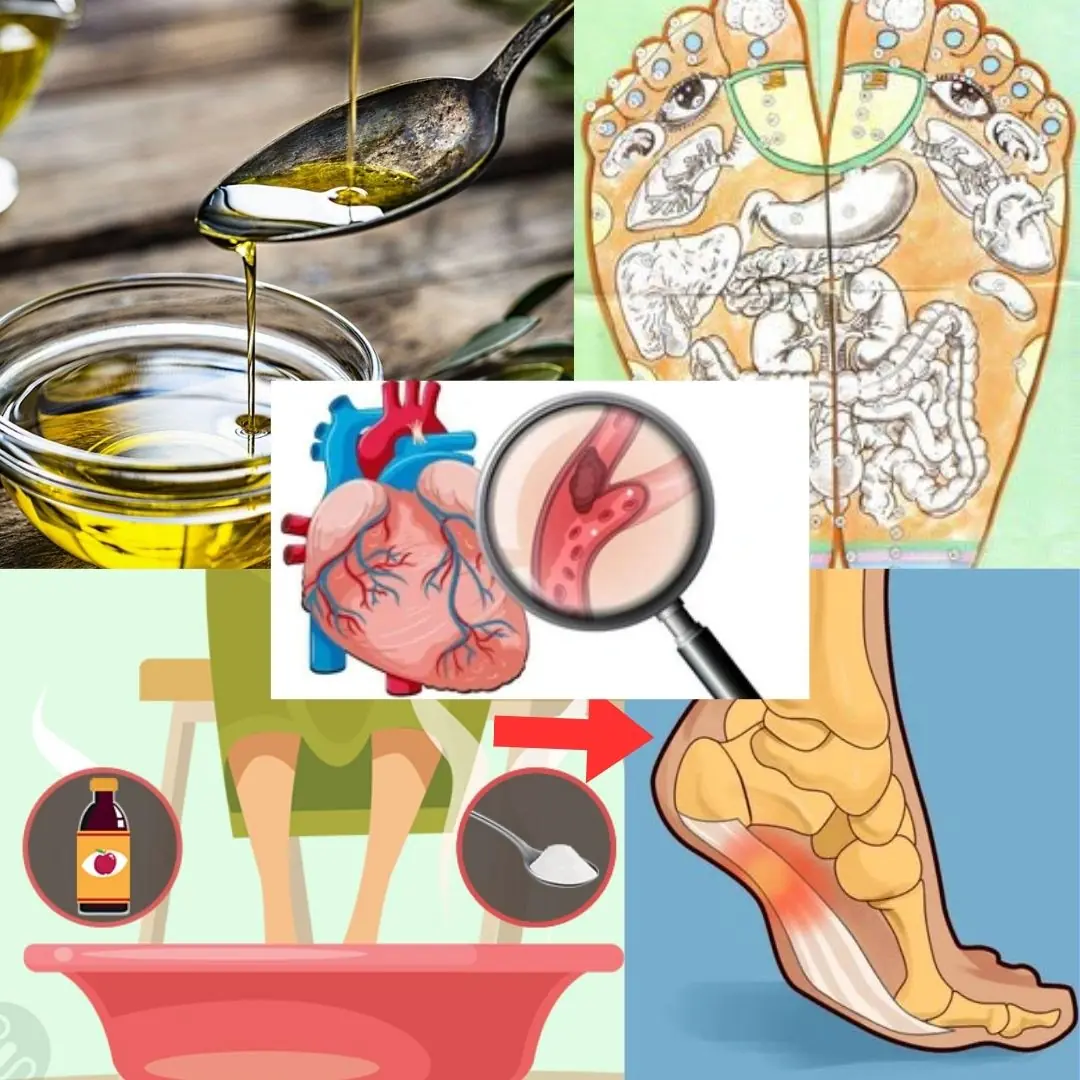
Homemade Natural Painkiller: A Simple 3-Ingredient Remedy for Fast Relief

URGENT: These Foods Improve Circulation INSTANTLY!

THEY BEGGED ME TO QUIT MY JOB TO WATCH MY GRANDKIDS – NOW THEY'RE DUMPING ME FOR DAYCARE

Grandma Saw the Sweater She Knitted for Her Granddaughter Donated and Decided It Was Time for a Talk About Appreciation

My Late Mom Left Me a Trust Fund, but My Dad Took Money from It for His Stepdaughter — I Finally Retaliated

My Husband Made Me Sell My Apartment to Pay Off His 'Business Debts' After Being 'Dumped' by His Partner — But It All Turned Out to Be a Lie
